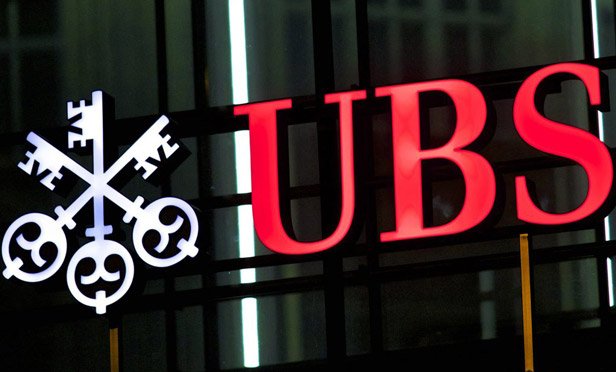 (Photo: Bloomberg)
(Photo: Bloomberg)UBS has decided not to adjust the compensation plan for its financial advisors in 2021 and will maintain the current payout plan it’s used in 2020.
The news was announced by Jason Chandler, head of Wealth Management USA, in a recent memo that ThinkAdvisor viewed Monday. In the memo, he explained: “Each year we review our plan within the context of our approach to reward loyalty, growth and productivity. At this time, there are no changes from the 2020 to the 2021 FA Compensation Plan.”
“That’s something that will be welcomed by their advisors,” according to executive recruiter Mark Elzweig. “Yearly payout chiseling is bad for morale and can cause defections.”
The wirehouse likely wants to avoid any defections. Its advisor headcount in the Americas was 6,353 advisors as of Sept. 30. This figure was down 274 from 6,627 in Q3 2019 and also down 57 from 6,410 in Q2’20.
On Monday, for instance, a group of four veteran advisors working $4.8 billion left UBS to start RIA NewEdge Wealth. The team, which used to do business as Turnstone Wealth Management, broke away through a joint venture with EdgeCo Holdings, a technology and services provider.
Separately, reports have been circulating that State Street is in talk with UBS to merge the two firms’ asset management businesses.
Other Wirehouses
In May, UBS joined other wirehouses and pushed back the start of changes to grid payouts due to the pandemic.









 December 14, 2020 at 02:17 PM
December 14, 2020 at 02:17 PM











